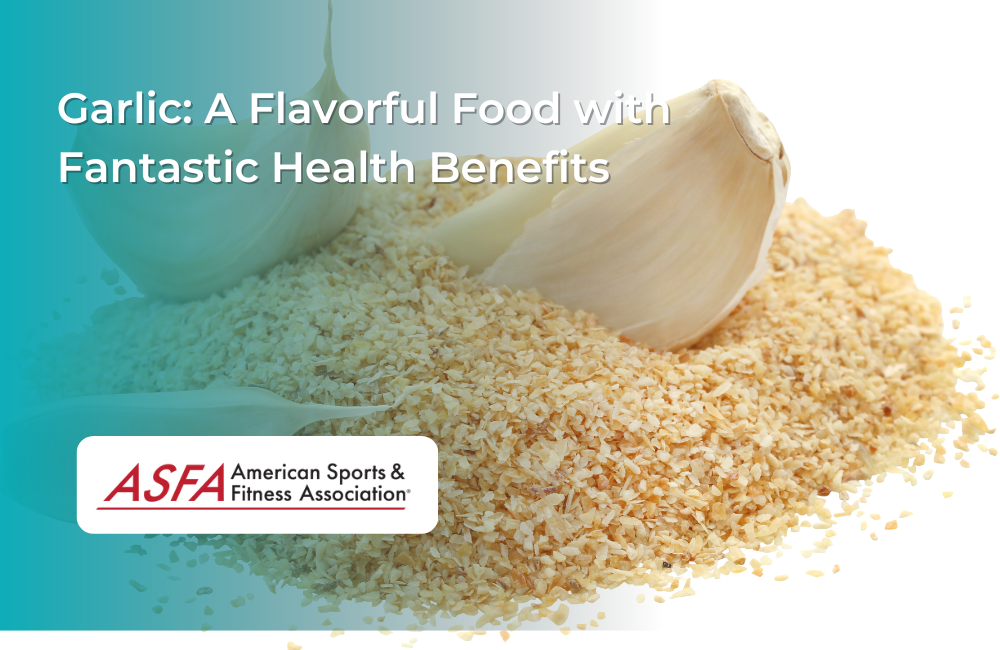
Garlic: A Flavorful Food with Fantastic Health Benefits
Garlic is a delicious herb that has been used as a spice, condiment, and medicine for thousands of years. In fact, garlic was first cultivated in central Asia by humans around 7500 BCE. It's believed that the ancient Egyptians used garlic to help prevent fungal infections while Greek physicians used it to treat tapeworms in the 4th century BCE. Today, people around the world continue to use this amazing plant as both food and medicine.
Garlic is both delicious and healthy.
Garlic is a member of the onion family and its pungent, aromatic bulb is used as a spice and flavoring in many cuisines. Garlic has been used medicinally for thousands of years. It has been shown to help prevent heart disease by lowering levels of homocysteine in the blood (Source).
Vitamin B6 may help prevent heart disease by lowering levels of homocysteine in the blood (Source).
Garlic may help prevent heart disease by lowering levels of homocysteine in the blood (Source).
Garlic is an excellent source of vitamins C and B6, manganese, and selenium.
Garlic is a tasty, flavorful food that can also be good for you. It's an excellent source of vitamins C and B6, manganese, and selenium. Garlic also contains other vitamins and minerals such as calcium, potassium, iron, and zinc.
Garlic has been shown in some studies to reduce blood cholesterol levels. Some research suggests that regular consumption of garlic may reduce the risk of developing certain types of cancer including stomach cancer or colon cancer.*
However, if you choose to eat garlic--freshly chopped on your salad or cooked into your favorite dish--you'll still get its many health benefits!
A review in the Journal of Agricultural and Food Chemistry found that garlic could help protect against heart disease.
Garlic is a good source of manganese, which helps the body produce cholesterol. Cholesterol is important for healthy skin, hair, and nails. Manganese also helps the body break down cholesterol into bile acids that are used to digest fats.
Garlic contains vitamin B6 (pyridoxine), which the body needs to process proteins and produce new red blood cells. Vitamin B6 has been shown to be beneficial for healthy skin, hair, and nails as well as being an antioxidant that protects against cancer.
A study published in the Cancer Prevention Research journal found that garlic may help prevent some types of cancer, including colorectal cancer, gastric cancer, and esophageal cancer.
Garlic may help prevent some types of cancer, including colorectal cancer and gastric cancer.
The National Cancer Institute is currently conducting research on garlic and cancer. They are looking at the potential benefits of garlic as an alternative treatment for people with existing cancers, or those who are at risk for developing them.
Garlic may also be beneficial in the treatment of some cancers because it contains compounds that have anti-inflammatory properties (such as allicin) and antiviral properties (such as selenium). These compounds work together to slow down tumor growth by preventing cells from dividing too quickly or spreading throughout your body via blood vessels.
Another study published in Nutrition Research found that regular garlic consumption lessened the risk of developing type 2 diabetes.
Garlic is also a good source of antioxidants, which can help prevent cell damage. Garlic contains sulfur compounds that may help reduce blood pressure and improve blood lipid profile.
The health benefits of garlic are many: it has been shown to lower cholesterol levels, reduce the risk of developing cancer and heart disease, decrease inflammation in the body (which can lead to arthritis), boost immune system function, and fight against infections like colds or flu viruses.
It's harder than you think! Many people try crushing their garlic with a knife but find themselves frustrated by how difficult it is--especially if they're trying to cut up multiple cloves at once! If this sounds like something that would frustrate you too much then try using your mortar and pestle instead; just make sure not to use too much force when crushing them so as not to break up any pieces too small for cooking purposes later on down the line...
Additional studies have shown that garlic fights inflammation and inhibits blood clot formation as well as bacterial growth in the body (Source).
Garlic is a powerful anti-inflammatory, which means it can help prevent the formation of blood clots. It also has been shown to have antimicrobial properties that fight infections in the body, such as Helicobacter pylori (H. pylori), which causes stomach ulcers and gastritis (Source).
Garlic has antioxidants that fight free radicals in your body, which can lead to cancerous cell growth or cardiovascular disease (Source). Additionally, garlic contains allicin - an active compound with antibacterial properties that may help prevent heart attacks by thinning the blood (Source).
Add some flavor to your meals with garlic or take it in supplement form for an extra boost!
There are many ways to enjoy garlic, from adding it to your meals or taking it in supplement form. Garlic is a delicious food that can also help you stay healthy.
Garlic is a good source of vitamins and minerals, including vitamin C, calcium, and iron. It may also help prevent some types of cancer (1).
Garlic pairs well with other aromas like onions, ginger, and mint -- try combining them all in one dish! You can find garlic at most grocery stores so it's easy to add flavor to your cooking without having to make any complicated recipes yourself!
Conclusion
Hopefully, this article has given you a better understanding of the many benefits of garlic. It's an easy food to add to your diet since it goes well with so many different dishes and flavors. If you want even more benefits from this tasty herb, then consider taking a supplement or two each day!




